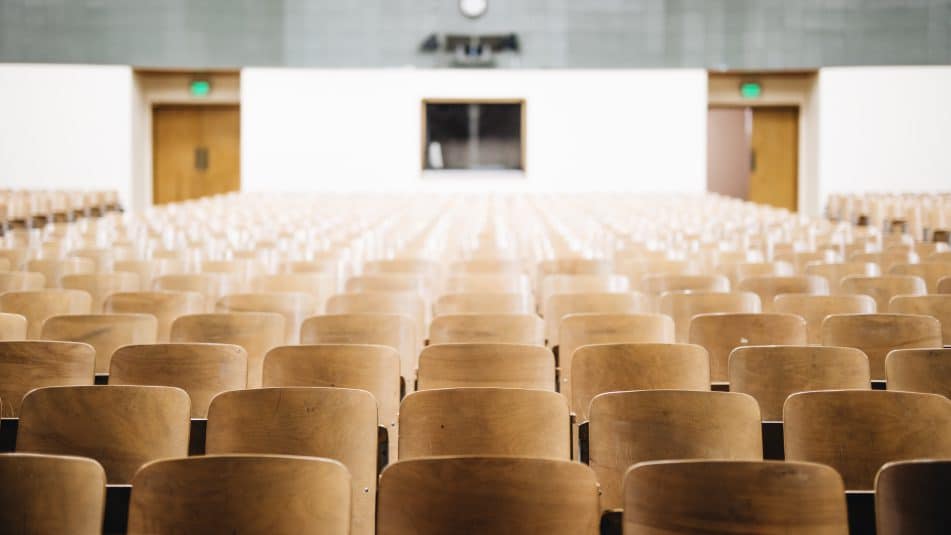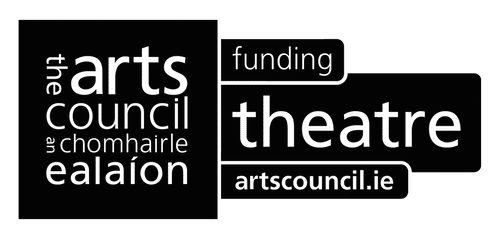
Basic Income for the Arts Stakeholder Forum
Basic Income for the Arts Pilot – Online Consultation
Updated 7 January 2022
You can now feedback directly on the pilot here.
Stakeholder Forum
15 December 2021
Nearly 200 people gathered on Zoom for yesterday’s BIA Forum, a landmark day on the way to delivering the Arts and Culture Taskforce recommended Basic Income pilot scheme. Here’s the Department of Tourism, Culture, Arts, Gaeltacht, Sport and Media Discussion Paper setting out the pilot scheme’s objectives, eligibility criteria, selection process as well as considering data collection and evaluation of the pilot scheme. You’ll also find the questions discussed in the Forum’s Breakout Groups in the Paper. The Department will publish updates early in the New Year and we’ll keep you updated on BIA scheme developments.
Here’s the Theatre Forum statement delivered at yesterday’s Forum:
We are here today because we believe the work of artists enriches all our lives.
Living through Covid has shown how we took the arts and entertainment for granted. In our socially distanced reality where many freedoms are and will be curtailed, imaginative freedom seems more important than ever.
In line with the Strategic Investment Priorities of the National Development Plan 2018–2027 and the Life Worth Living Report, Theatre Forum concurs that investment in the arts is an investment in giving communities the freedom of their imagination.
In their words
“The Taskforce believes that all across Ireland, there are spaces which can, with imagination and a well-funded capital improvement programme, be adapted to allow live performances in a safe environment, adhering to public health guidelines, and enriching life in our towns and villages and cities.”
If artists are to make the art that enriches our lives and our communities, then the sector must heed the evidence and take responsibility for cultivating pay and conditions that allow artists, makers, creative practitioners, and arts workers to support themselves through their art.
We know from Theatre Forum Payscales studies that in 2019, 91% of artists, makers and creative practitioners earned less than the national average earnings for all employees of €40,283. 22% earned less than the national minimum wage of €9.80 per hour.
There is further inequity within the sector with freelance artists and arts workers more likely to have annual earnings below the national minimum wage, largely because they are paid flat fees that do not reflect the hours worked.
The Covid-19 pandemic heightened the precariousness of working in the arts to often intolerable levels with serious impact on many people’s life choices:
In the words of a performing artist working in the sector for four years:
“I cannot live in a city, cannot afford new clothes, bills and, sometimes, groceries. Constant stress on mental health about finances. Cannot afford to start a family, buy a house (or even rent most of them). I’m working 16+ hours a day for less than the minimum wage.”
Covid has pushed precariousness into penury.
The precarity of work in the sector is exacerbated by low pay and poor conditions experienced by some artists as well as the need to take on other work to live.
So in Theatre Forum’s view, the Basic Income for the Arts pilot is essential, not because artists want special treatment, but because work in the arts and entertainment sector is the most precarious of all. It is a welcome initiative mitigates the precarity of irregular, freelance work and the uncertainty that affects all aspects of artist’s lives.
If we are to retain talent and experience of artists and arts workers after the pandemic, the sector’s employment framework must be re-engineered to eliminate the double whammy of poor pay for intermittent work and ensure artists enjoy parity of pay and esteem. The Basic Income for the Arts pilot is vital to bring an end to
… the days of “[Working as an artist] meaning an improvised life of penury.”
